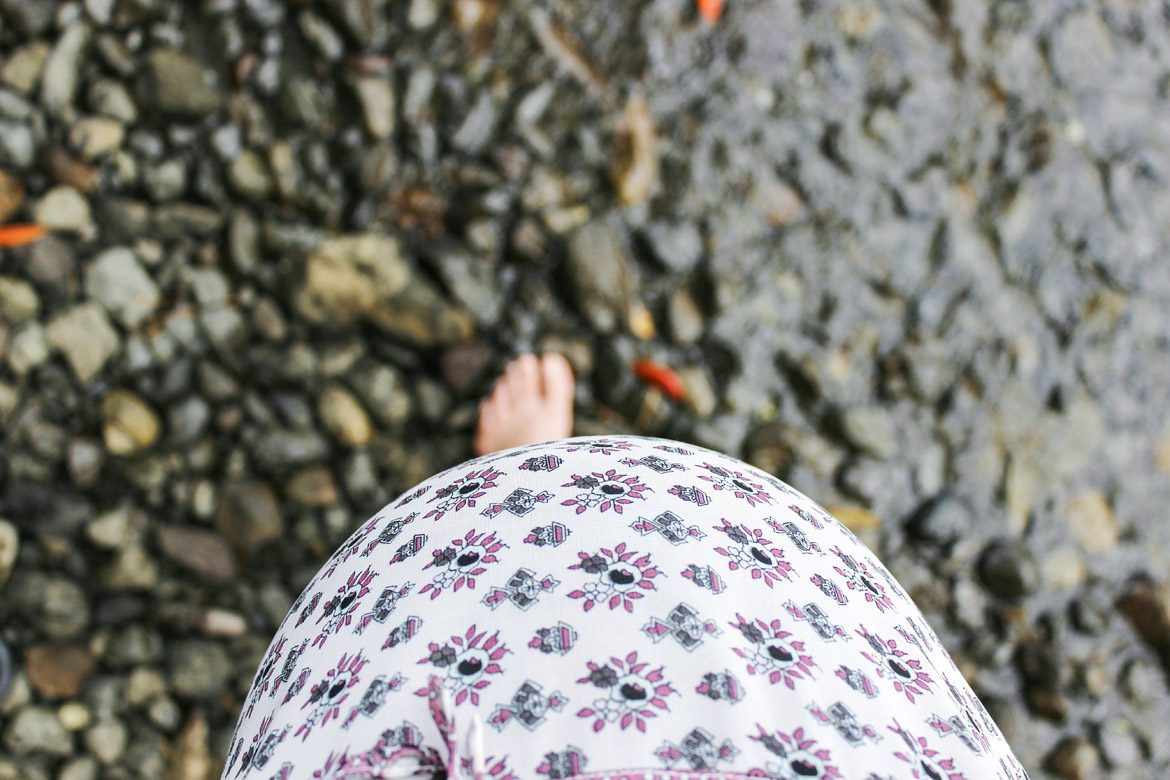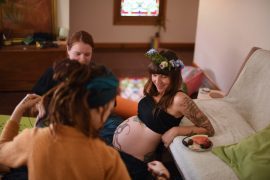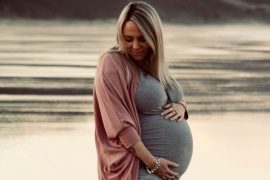By Hannah Schenker
A University of Auckland study has found that pregnant women should sleep on their sides toward the end of their pregnancy, not their back, after their research found that sleeping on their back may cause problems for the baby and increase the risk of stillbirth.
The research published in The Journal of Physiology on 12 October 2017, is the first study where unborn babies were monitored overnight, while at the same time the mother’s sleeping position was recorded using an infrared camera. They also recorded the heart rate of both mother and baby with an ECG device.
What they found is that when the mother slept on her back, the baby became less active. Being less active means the baby is conserving oxygen, and how active a fetus is is one measure of its health and wellbeing. The babies being studied were only active when the mother slept on her side. If the mother shifted from sleeping on her side to sleeping on her back, the baby quickly became still.
The researchers are now looking into instances where a baby is not growing properly, or a mother has reported less movement and activity – both situations that are linked to an increased risk of stillbirth – to see whether back sleeping is a factor.
Peter Stone, one of the lead investigators on the study said, “In the situation where the baby may not be healthy, such as those with poor growth, the baby may not tolerate the effect of maternal back sleeping. We are suggesting that there is now sufficient evidence to recommend mothers avoid sleeping on their back in late pregnancy, not only because of the epidemiological data but also because we have shown it has a clear effect on the baby.”











